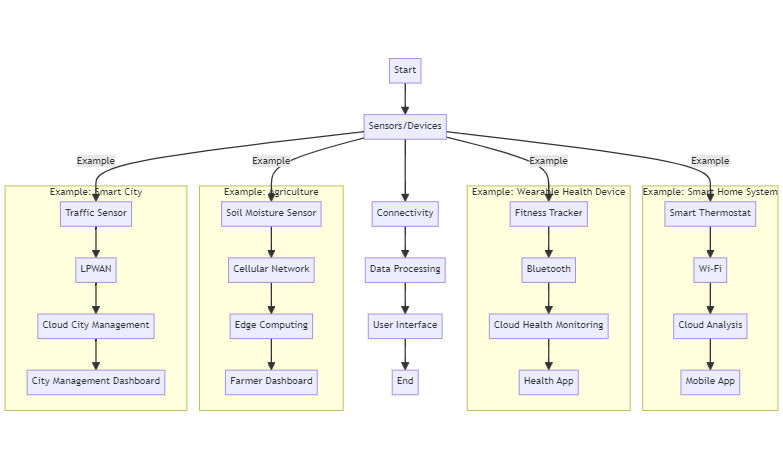Can someone learn ethical hacking without knowing any programming languages? If yes, what are some ways to do so?
Here are some top resources for learning about cybersecurity: 1. **Books:** - *“Cybersecurity for Beginners” by Raef Meeuwisse*: A great starting point for newcomers. - *“The Web Application Hacker's Handbook” by Dafydd Stuttard and Marcus Pinto*: A deep dive into web application security. -Read more
Here are some top resources for learning about cybersecurity:
1. **Books:**
– *“Cybersecurity for Beginners” by Raef Meeuwisse*: A great starting point for newcomers.
– *“The Web Application Hacker’s Handbook” by Dafydd Stuttard and Marcus Pinto*: A deep dive into web application security.
– *“Metasploit: The Penetration Tester’s Guide” by David Kennedy et al.*: Excellent for learning penetration testing.
2. **Online Courses:**
– **Coursera**: Offers courses like “Introduction to Cyber Security Specialization” by NYU.
– **edX**: MIT’s “Cybersecurity: Technology, Application and Policy” is highly recommended.
– **Udemy**: Courses like “The Complete Cyber Security Course” by Nathan House cover various aspects.
3. **Certifications:**
– **Certified Information Systems Security Professional (CISSP)**: A comprehensive and globally recognized certification.
– **Certified Ethical Hacker (CEH)**: Focuses on penetration testing and ethical hacking.
– **CompTIA Security+**: Good for beginners, covering foundational cybersecurity skills.
4. **Websites and Blogs:**
– **Krebs on Security**: Regular updates and insights into cybersecurity news and trends.
– **Dark Reading**: Offers in-depth articles and analyses on various cybersecurity topics.
– **Cybrary**: Provides a variety of free courses and resources for cybersecurity learning.
5. **Podcasts:**
– **Security Now**: A weekly podcast covering various cybersecurity topics.
– **Darknet Diaries**: Explores real-world stories about hackers, breaches, and cybercrime.
6. **Forums and Communities:**
– **Reddit**: Subreddits like r/cybersecurity and r/netsec are great for discussions and resources.
– **Stack Exchange**: The Information Security Stack Exchange is a valuable Q&A site for cybersecurity topics.
7. **Hands-On Practice:**
– **Hack The Box**: Provides a platform to practice penetration testing in a controlled environment.
– **TryHackMe**: Offers interactive learning paths and challenges for various cybersecurity skills.
– **OverTheWire**: Hosts wargames that help you learn and practice security concepts.
These resources provide a solid foundation and diverse learning paths for anyone interested in cybersecurity.
See less


Yes, you can learn it by following the listed ways below: 1.**Understanding Networking and Security Basics:** - Learn about TCP/IP, DNS, HTTP, HTTPS, firewalls, and network protocols. - Resources: "CompTIA Network+ Certification" course, Cisco's "Introduction to Networks" courseRead more
Yes, you can learn it by following the listed ways below:
1.**Understanding Networking and Security Basics:**
– Learn about TCP/IP, DNS, HTTP, HTTPS, firewalls, and network protocols.
– Resources: “CompTIA Network+ Certification” course, Cisco’s “Introduction to Networks” course.
2.**Familiarize Yourself with Ethical Hacking Tools:**
– **Nmap:** Network scanning and mapping.
– **Wireshark:** Network traffic analysis.
– **Burp Suite:** Web application security testing.
– **Metasploit:** Exploit development and execution.
3.**Use Pre-Built Tools and Frameworks:**
– Many ethical hacking tasks can be performed using pre-built tools that require minimal programming knowledge.
– **Kali Linux:** A Linux distribution specifically designed for penetration testing with many pre-installed tools.
4.**Hands-On Practice:**
– Platforms like **Hack The Box, TryHackMe, and OverTheWire** offer interactive challenges and exercises.
– **Capture The Flag (CTF) competitions**: Participating in CTFs can provide practical experience without needing to write code.
5.**Security Certifications:**
– **Certified Ethical Hacker (CEH):** Covers a wide range of topics and tools without requiring deep programming knowledge.
– **CompTIA Security+:** Offers a foundation in security principles.
6.**Learning by Doing:**
– Use virtual labs and environments to practice ethical hacking techniques safely.
– Set up a home lab using tools like **VirtualBox** and create isolated environments for testing.
7.**Follow Online Tutorials and Courses:**
– Websites like **Cybrary, Udemy, and Coursera** offer courses on ethical hacking and cybersecurity.
– YouTube channels such as **”Hackersploit” and “The Cyber Mentor”** provide practical tutorials.
See less